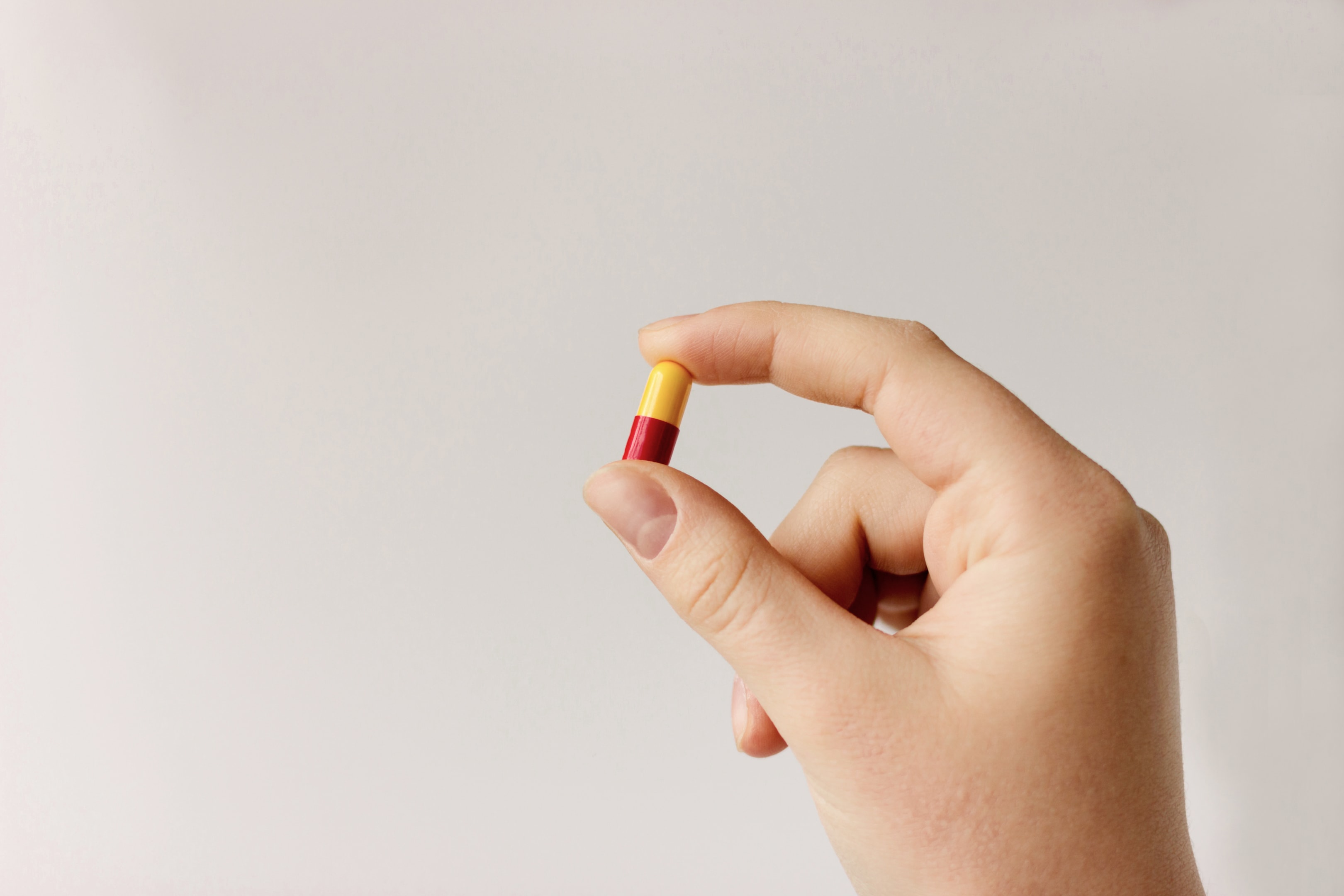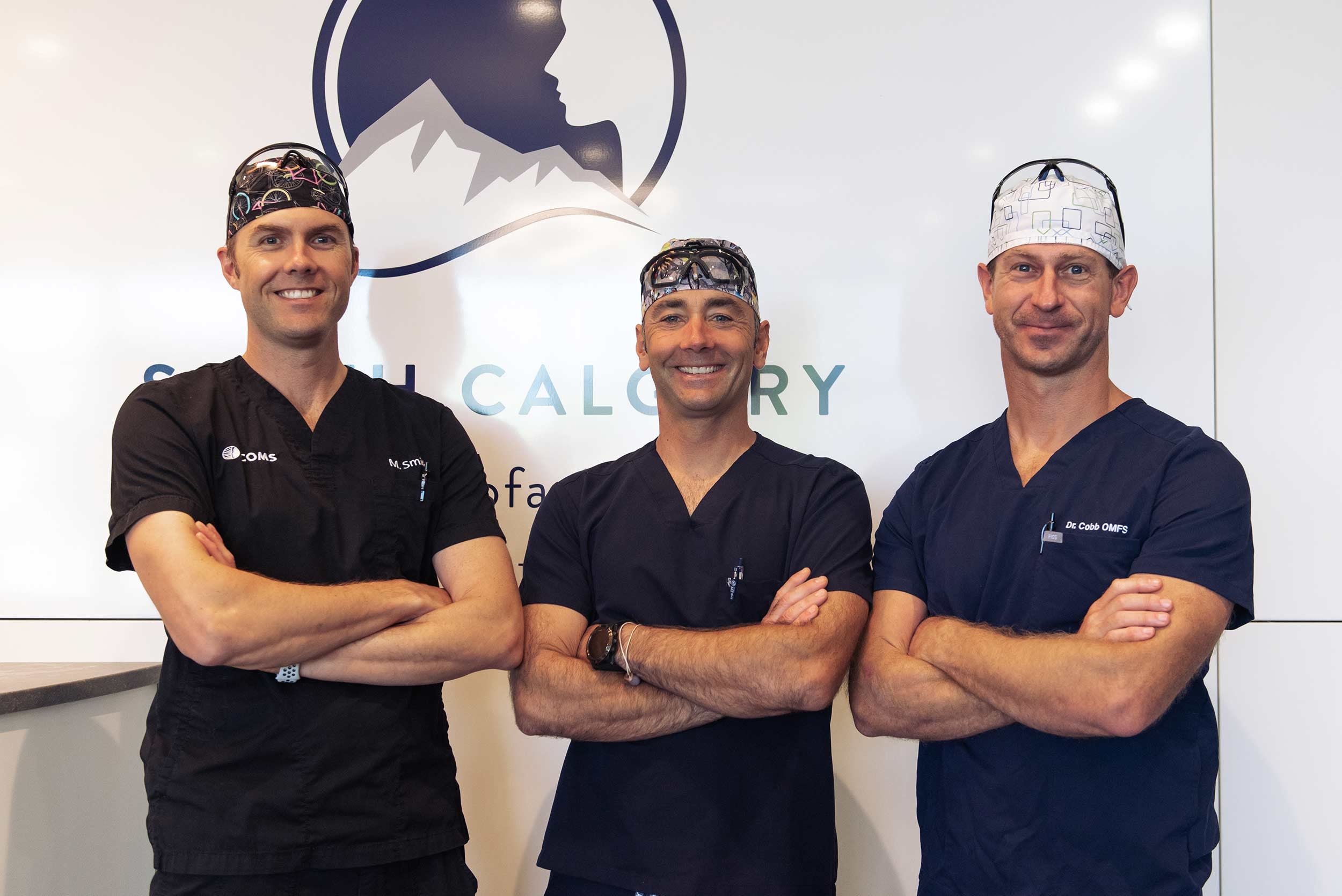
Wisdom tooth removal is a common dental procedure that most people will experience at some point in their lives.
While some cases may only require a simple extraction, others may necessitate a surgical procedure.
It is crucial to maintain good oral hygiene to prevent post wisdom teeth removal infection and ensure a smooth recovery.
Navigating the Road to Recovery After Wisdom Teeth Removal
Getting your wisdom teeth removed is like embarking on a journey. It’s a necessary step to maintain oral health, but the road can sometimes be bumpy.
One of the common hurdles many encounter is an infection after wisdom teeth removal.
Let’s map out how wisdom teeth removal infections can form, why it’s crucial to keep your incision site clean, how to spot a post wisdom teeth removal infection, and the potential health impacts of an untreated infection.
Whether you’re a patient of South Calgary Oral Surgery or from the surrounding communities, this guide is designed to help you achieve a smooth recovery.
The Root Cause: How Post Wisdom Teeth Removal Infections Form

Imagine your mouth as a garden. After wisdom teeth extraction, the empty sockets are like freshly dug holes. Just as weeds can quickly take root in a garden, bacteria can infiltrate these sockets, leading to an infection.
The main culprits? Food particles and bacteria that accumulate in the extraction site if it’s not properly cleaned. But how exactly does this happen?
When a wisdom tooth is removed, a blood clot forms in the socket, which protects the bone and nerves underneath. This blood clot is essential for healing after tooth extraction. However, if the blood clot becomes dislodged or dissolves too early, it exposes the bone and nerves to air, food, and bacteria, which can lead to post wisdom teeth removal infection – a condition known as dry socket.
Other factors that can increase the risk of post removal infection include smoking, which can damage healing, and poor oral hygiene, which can introduce bacteria to the wound. Even activities such as harsh rinsing or spitting can dislodge the blood clot.
Cleanliness is Next to Healthiness: Proper Extraction Site Care

Keeping your extraction site clean is paramount. Think of it as tending to a delicate plant – too much water and it drowns, too little and it withers. Similarly, proper but gentle cleaning is essential to avoid post wisdom teeth removal infection as harmful bacteria start to grow.
Oral surgeons may prescribe antibiotics to prevent infection at the surgical site. Adhering to the prescribed dosage and completing the entire course is crucial to effectively combat potential post wisdom teeth removal infections, especially after tooth extraction surgery.
Post-surgery, your oral surgeon will provide specific instructions on how to care for your mouth. This typically includes advice on diet, activity level, and oral hygiene practices. Following these instructions closely can significantly reduce the risk of wisdom teeth removal infection.
For the first 24 hours, you should avoid rinsing your mouth to allow the blood clot to stabilize. After this period, gently rinse your mouth with a warm saltwater solution several times a day, especially after meals. This helps to keep the area clean and reduce swelling, significantly lowering the risk of a post wisdom teeth removal infection.
Red Flags: How to Tell If You Have an Infection and When to Prescribe Antibiotics
Knowing the signs of an infection is crucial. If you notice increased pain, swelling, or redness, these could be indicators of a tooth removal infection. Fever and swollen lymph nodes are also significant warning signs. But let’s delve deeper into these symptoms.
Pain is a common symptom after wisdom teeth removal, but it should gradually decrease over time. If the pain suddenly worsens after a few days, it could indicate a post wisdom teeth removal infection.
Swelling is also normal, but it should peak within 48 hours and then start to subside. If swelling continues to increase or is accompanied by redness, it may be a sign of infection.
A foul taste in your mouth or bad breath that doesn’t improve with rinsing can also indicate an infection, as these symptoms are often caused by pus, which is a typical result of a wisdom teeth removal infection.
The Ripple Effect: Impacts of an Infection on Your Health
An untreated wisdom teeth removal infection can lead to severe health issues. Infections, including tooth infections, can spread to other parts of your body, causing systemic health problems.
Infections that start in the mouth can spread to other areas, such as the jawbone, the sinuses, and even the bloodstream, leading to sepsis.
Symptoms of sepsis include fever, difficulty breathing, low blood pressure, fast heart rate, and mental confusion – all potential complications of a post wisdom teeth removal infection.
Why South Calgary Oral Surgery is Your Best Ally

Choosing the right oral surgery practice is as crucial as the aftercare itself. At South Calgary Oral Surgery, our team of experienced professionals ensures that every patient receives personalized care tailored to their unique needs.
We serve SE and SW Calgary and surrounding communities, ensuring our patients get the best possible outcomes and avoid post wisdom teeth removal infection.
Our practice prides itself on using the latest technology and techniques to minimize the risk of complications, including infections. From pre-surgery consultations to post-operative care, we are with you every step of the way to ensure a smooth and successful recovery, free from post wisdom teeth removal infection.
Prevention is Better Than Cure: Long-term Oral Hygiene

Even after your immediate recovery, maintaining good oral hygiene is vital. Regular dental check-ups and cleanings can help prevent future issues and ensure your mouth stays healthy and free from post wisdom teeth removal infection. Good oral hygiene practices include brushing twice a day, flossing daily, and using mouthwash.
As part of the recovery process, prescribed pain medication can help manage pain and discomfort following dental procedures, such as tooth extraction surgery. This, along with antibiotics and mouth rinse, forms a comprehensive treatment plan to prevent teeth removal infections.
Additionally, a healthy diet that limits sugary foods and drinks can help maintain your oral health. Sugary foods can lead to cavities and gum disease, which can complicate your recovery and increase the risk of a post wisdom teeth removal infection.
Conclusion: Stay Informed and Stay Healthy

Infections after wisdom tooth extraction can be a daunting prospect, but with the right care and attention, they are preventable.
Remember, it’s all about keeping that garden of yours well-tended. By understanding how a wisdom teeth removal infection forms, maintaining proper hygiene, recognizing the signs of infection, and following through with professional care, you can ensure a healthy recovery.
At South Calgary Oral Surgery, we are here to support you every step of the way. Stay vigilant, stay informed, and take care of your oral health to avoid the risk of wisdom teeth removal infection.






